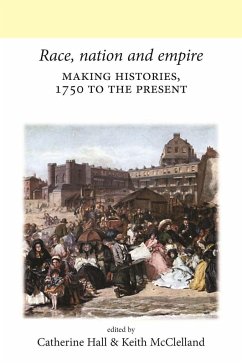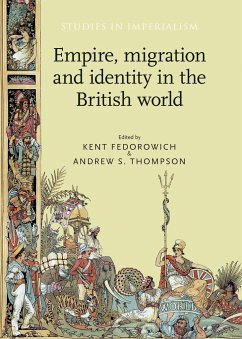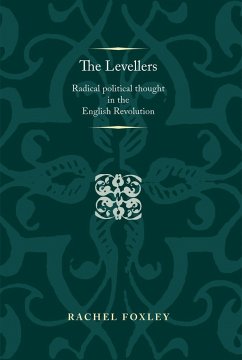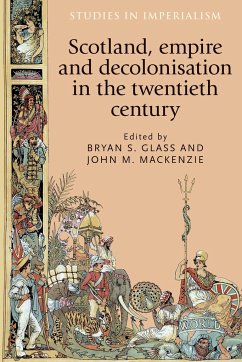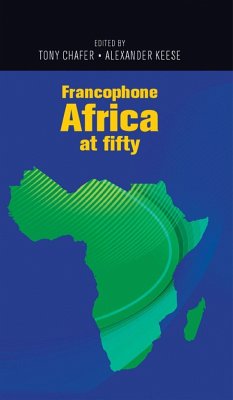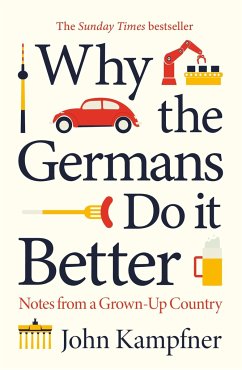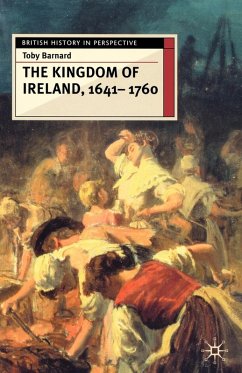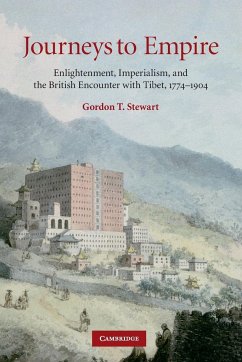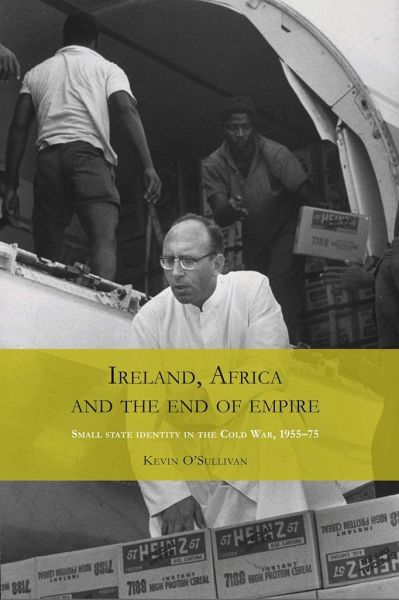
Ireland, Africa & the End of Empire CB
Small State Identity in the Cold War 195575

PAYBACK Punkte
64 °P sammeln!
In the twenty years after Ireland joined the UN in 1955, one subject dominated its fortunes: Africa. The first detailed study of Ireland's relationship with that continent, this book documents its special place in Irish history. It describes the missionaries, aid workers, diplomats, peacekeepers, and anti-apartheid protesters at the heart of Irish popular understanding of the developing world. It chronicles Africa's influence on Irish foreign policy, from decolonisation and the end of empire, to apartheid and the rise of foreign aid. Adopting a highly original, and strongly comparative approac...
In the twenty years after Ireland joined the UN in 1955, one subject dominated its fortunes: Africa. The first detailed study of Ireland's relationship with that continent, this book documents its special place in Irish history. It describes the missionaries, aid workers, diplomats, peacekeepers, and anti-apartheid protesters at the heart of Irish popular understanding of the developing world. It chronicles Africa's influence on Irish foreign policy, from decolonisation and the end of empire, to apartheid and the rise of foreign aid. Adopting a highly original, and strongly comparative approach, this book shows how small and middling powers like Ireland, Canada, the Netherlands and the Nordic states used Africa to shape their position in the international system, and how their influence waned with the rise of the Afro-Asian bloc. O'Sullivan details the link between African decolonisation and Ireland's self-defined post-colonial identity: at the UN, in the Congo, South Africa, Rhodesia, and Biafra - even in remote mission stations in rural Africa. When growing African radicalism made that role difficult to sustain, this book describes how missionaries, NGOs, and anti-apartheid campaigners helped to re-invent the Irish government's position, to become the 'moral conscience' of the EC. Offering a fascinating account of small state diplomacy and identity in a vital period for the Cold War, and a unique perspective on African decolonisation, this book provides essential insight for scholars of Irish history, African history, international relations, and the history of NGOs, as well as anyone interested in why Africa holds such an important place in the Irish public imagination.




